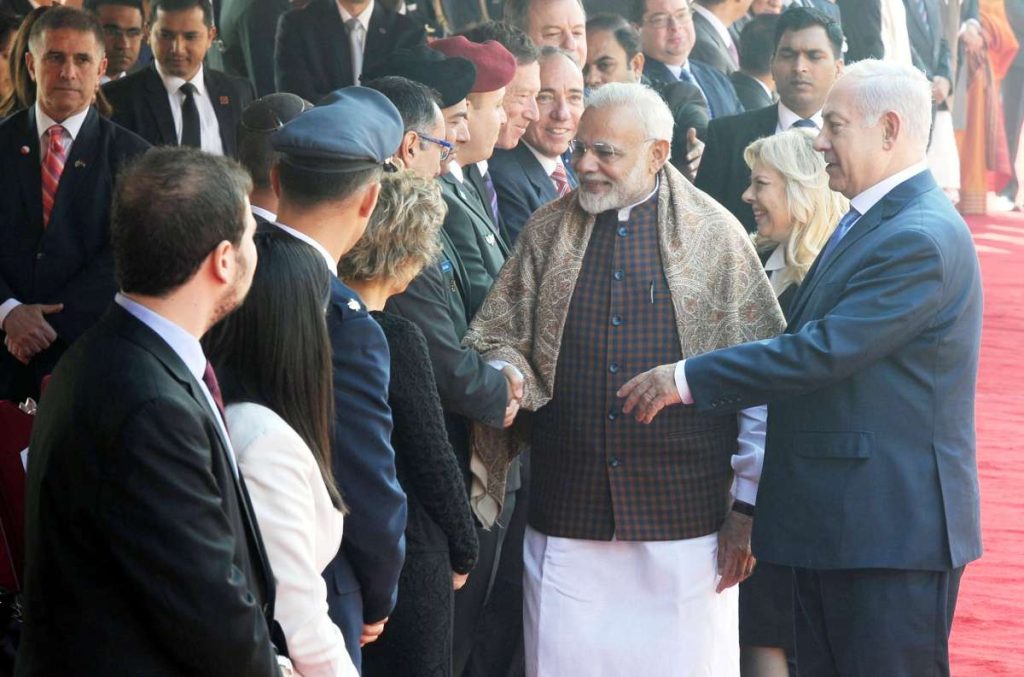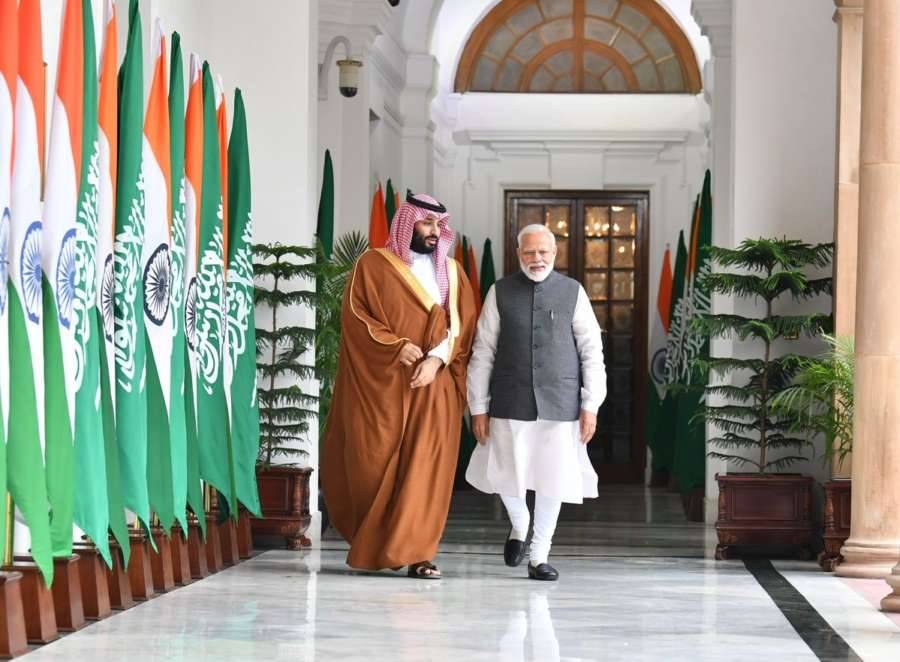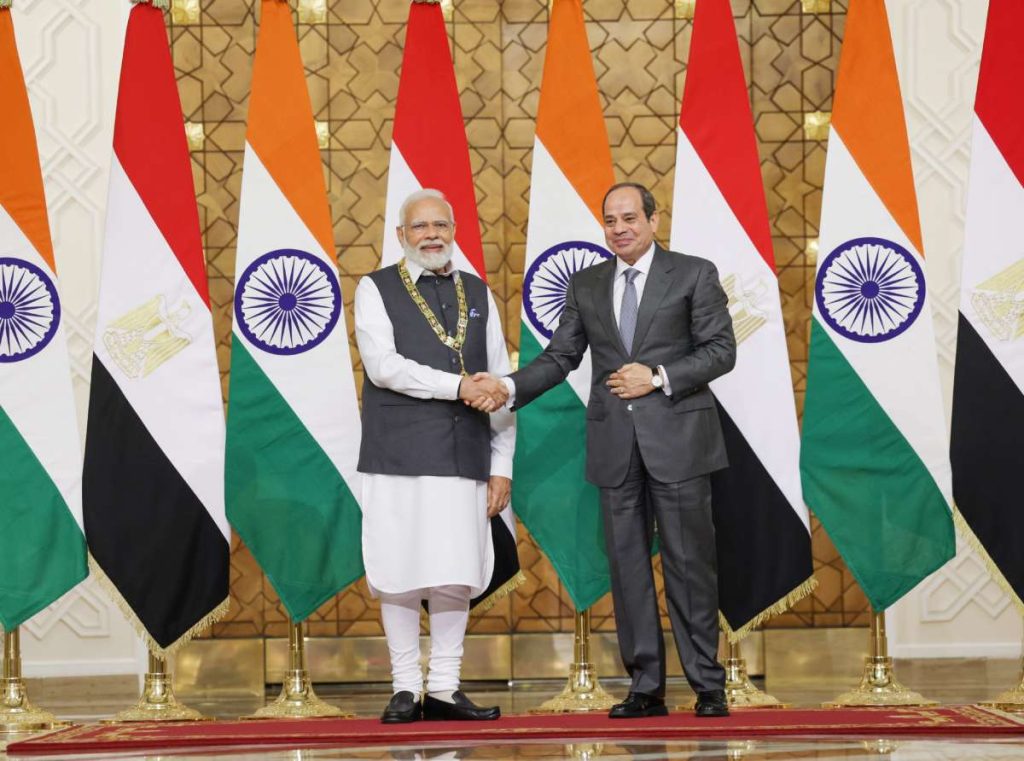
Foreign Policy emphasizes India’s deepening and expanding relationships with key countries in the region, such as Israel, Saudi Arabia, and the UAE.
An article in Foreign Policy, a prominent US magazine focused on global affairs, has highlighted India’s emergence as a “major player” in the Middle East, marking one of the region’s most intriguing geopolitical developments in recent years.

The piece emphasizes India’s deepening and expanding relationships with key countries in the region, such as Israel, Saudi Arabia, and the UAE. This evolution reflects the changing international order and the eagerness of these nations to benefit from the new multipolarity.
The author, Steven A. Cook, argues that the United States has limited influence over this development but may paradoxically benefit from it. According to Cook, if the US partners in the Middle East seek an alternative to Washington’s dominance, it is preferable for New Delhi to be among their choices. This ensures that neither Russia nor China can assume the role of the undisputed regional power as long as India expands its presence in the Middle East.
The author recalls a visit to India around a decade ago, noting that at the time, Indians did not express a desire to play a larger role in the Middle East. However, in the past ten years, there has been a notable shift. While US officials and analysts closely scrutinize China’s diplomatic moves and view Chinese investments in the Middle East with suspicion, they have overlooked the emergence of India as a major player in the region, which Cook believes is a significant geopolitical development.
The article highlights the United Arab Emirates and Saudi Arabia’s efforts to strengthen relations with India in the Gulf region. This shift is noteworthy because both countries, particularly Saudi Arabia, traditionally aligned with Pakistan. The pivot toward India is driven in part by a shared interest in containing Islamist extremism but is predominantly motivated by economic considerations. The article underscores the growing economic ties between India and these two countries.

Regarding India’s relationship with Israel, the article suggests it is the most well-developed among India’s regional ties. The bilateral relationship, especially in high-tech and defence sectors, has rapidly progressed since Prime Minister Narendra Modi’s historic visit to Israel in 2017, followed by his Israeli counterpart Benjamin Netanyahu’s return visit a year later. While India’s business community previously hesitated to invest in Israel due to its small market and controversial politics, this perception is changing. Notably, the Adani Group and an Israeli partner won a $1.2 billion tender for Haifa Port in 2022, and negotiations for an India-Israel Free Trade Agreement are ongoing.
The article acknowledges the complexity of the India-Israel relationship, noting that India remains supportive of the Palestinians, maintains friendly ties with Iran (from which it purchases significant amounts of oil), and often views Israel through the lens of its own colonial experience.
Referring to Prime Minister Modi’s recent visit to Egypt, the article describes it as part of the ongoing Egyptian-Indian friendship, following Egyptian President Abdel Fattah al-Sisi’s three visits to India since assuming power. Similar to China, India sees Egypt as a gateway for trade with Africa and Europe.

The author suggests that while it is tempting for US policymakers and analysts to view India’s growing role in the region within the context of great-power competition with China, India’s expanding presence could serve as an additional counterweight to Beijing in the Middle East. As the Biden administration shifts its approach from de-emphasizing the region to considering it as an area of opportunity to contain China, the article argues that India’s involvement can be helpful.
ALSO READ: India lauds ties with Arab world


